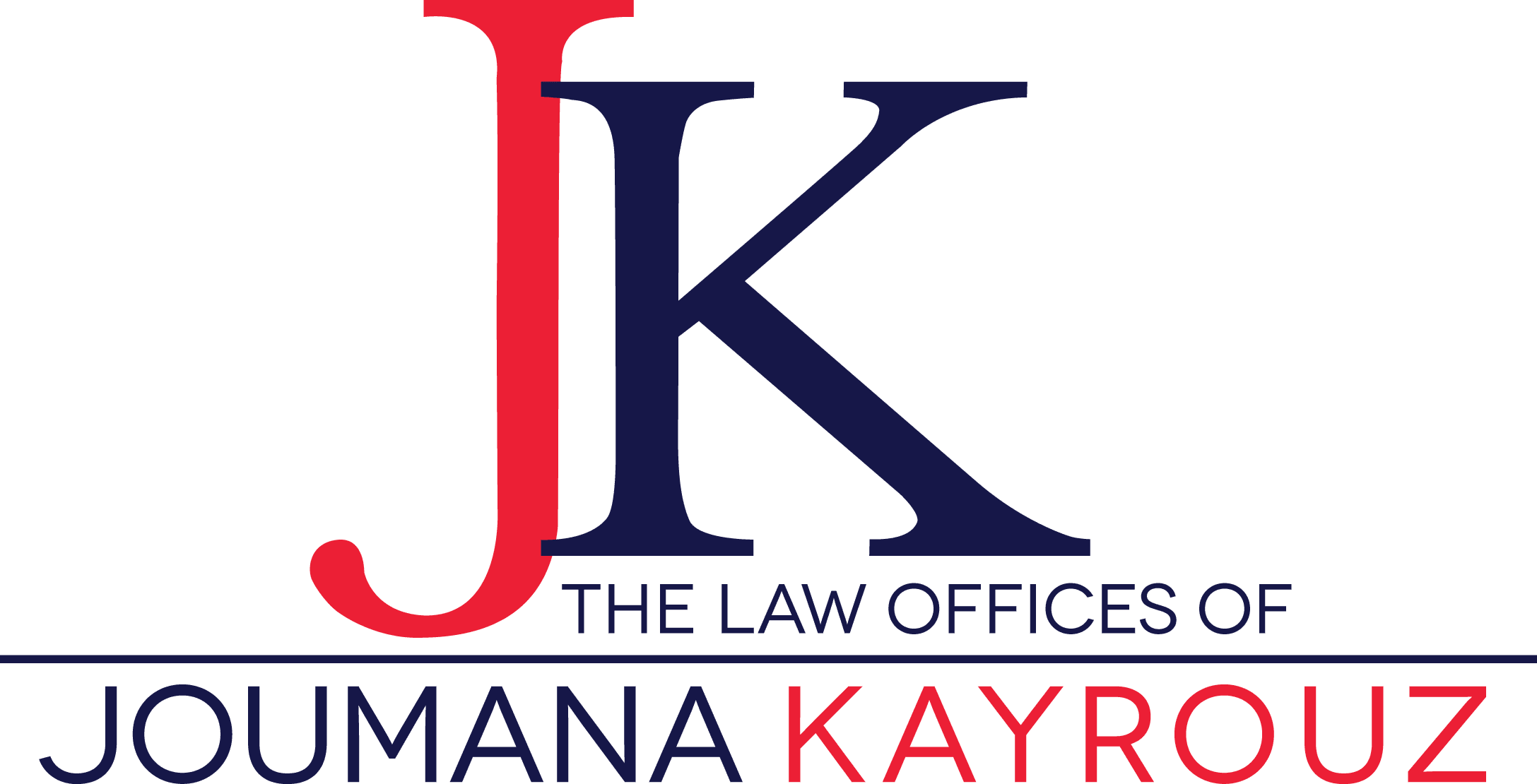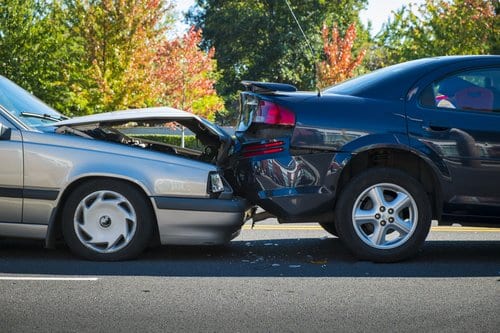Car Insurance: What Are My Options?
Car Insurance: What Are My Options?
Car insurance is required in all states. The law requires drivers to carry valid liability insurance in case they cause an accident that harms another person or damages their property. Drivers caught operating a vehicle without valid coverage can be subject to fines and citations for financial responsibility. Repeat offenders may be subject to imprisonment. In Michigan, vehicle owners are only required to purchase and insurance policy with liability coverage, Property Protection Insurance, and Personal Protection Insurance (PIP). Vehicle owners then have the option of purchasing additional coverage to protect them in the event that they are involved in an accident with an uninsured or underinsured driver.
When it comes to purchasing auto insurance, the term “full coverage” is thrown around fairly often. Before making the ultimate decision, people consider the price of additional coverage and the likelihood they feel they may use it. Coverage options include:
Liability coverage. This covers bodily injuries and property damage caused by your negligence, or the negligence of an authorized driver. This coverage is required.Collision coverage. Covers damage to your vehicle resulting from a collision with another vehicle or object (subject to deductible). Broad collision covers damage to your vehicle resulting from collision with another vehicle or object, after you pay your deductible. If the driver of your insured vehicle was not substantially at-fault or parked in such a way to have caused an unreasonable risk of loss, the deductible amount will not be subtracted.Limited collision coverage only applies if the driver of your insured vehicle was not substantially at fault.Comprehension coverage. This type of Michigan auto insurance coverage is used to repair your vehicle when physical damage occurs from non-collision related incidents (subject to deductible). Examples incidents include theft, fire, vandalism, glass breakage, and contact with animals.
Just because you have the above three levels of coverage does not mean that you have full coverage. There are other types of coverage that should be considered when purchasing your policy.
Uninsured/underinsured motorist coverage. This coverage applies if you were hit by a driver who had no insurance or not enough insurance to adequately cover your losses.Bodily injury. Helps pay for damages due to bodily injury that you and other passengers of your vehicle are legally entitled to from another driver who is not insured or is underinsured.Rental reimbursement.Emergency road service.
Each additional layer of coverage increases your overall premium amount. Thus, many people are tempted to forego coverage beyond what is legally required by state law. However, this is not always the best option.
A valuable type of coverage is uninsured/underinsured motorist coverage. Due to Michigan’s Auto insurance rates, we rank fairly high when it comes to the amount of uninsured drivers on the road. This means there is a good likelihood that someone who strikes your vehicle is not covered at all. Without valid insurance, it can be difficult to recover against that individual for your pain and suffering. If you have uninsured motorist coverage, your carrier steps into the shoes of the uninsured defendant and can pay for your losses, up to your policy limits. The same can be said if you were struck by a hit-and-run driver who fled the scene and was never able to be identified by the police.
Insurance exists to hedge against risks. If you truly carry full coverage, your life can be made much easier following an accident.
250




